Science
Science Week
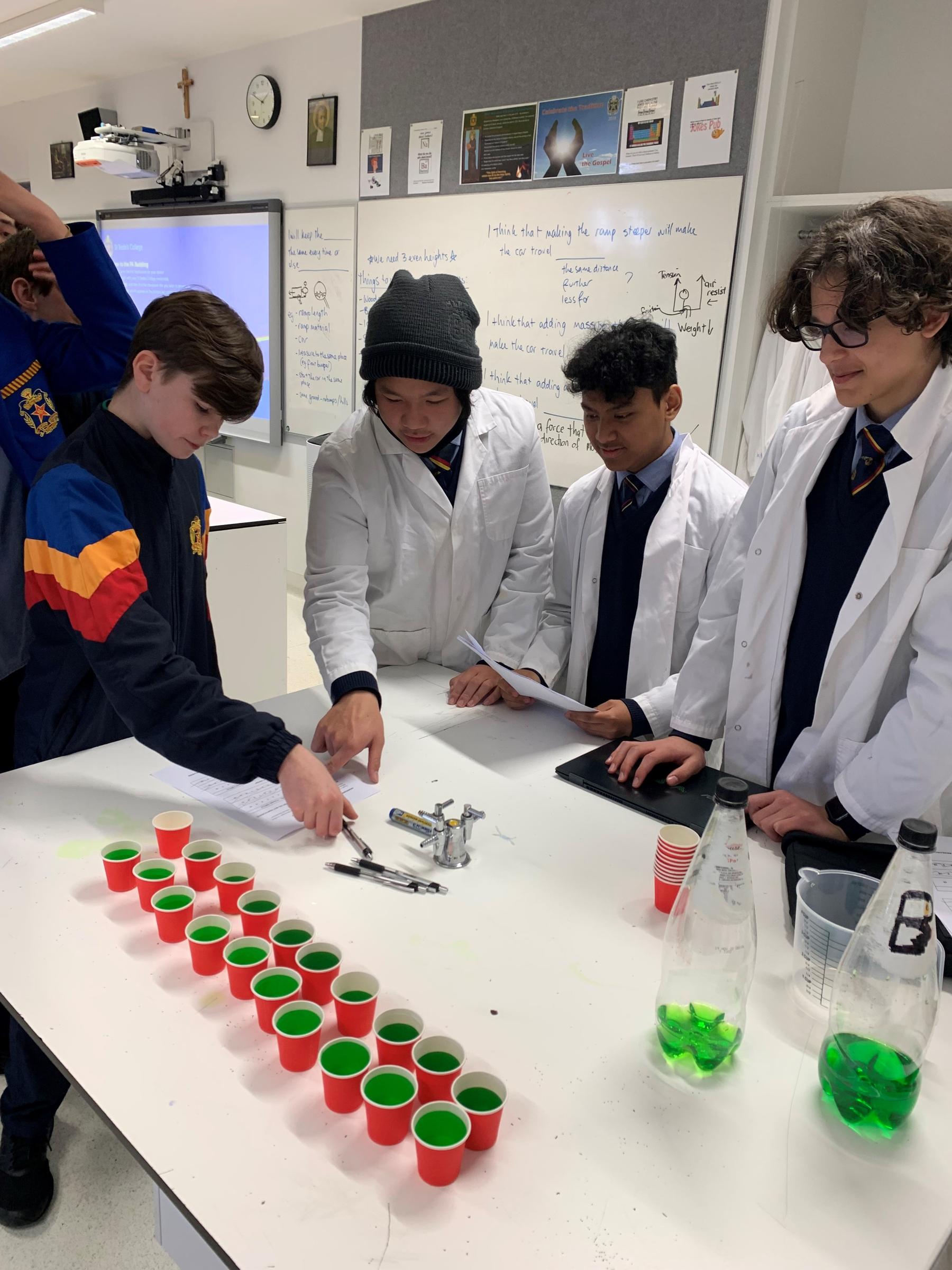
Science
Science Week
This year’s National Science Week theme was 'Glass'. Year 8 students, along with Ms Paterson-Zigouras and Mr Meade, explored the process involved in making sugar glass.
“For this experiment, we made sugar glass as a celebration of science week. To create this we had to follow various steps and use many different ingredients. First, we mixed sugar, glucose syrup, cream of tartar, food colouring and vanilla extract. We put it over the stove until it all turned into liquid syrup. We let it cool and then poured it into a pan where we left it to harden up. We came back 20-30 minutes later to see that it had become transparent giving the appearance of glass. I really enjoyed participating in this prac because we did science in a fun way of making food. We were given assistance from Mr Meade and Ms Zigouras which definitely helped because we couldn’t have done it without them. This definitely was a highlight among the other pracs we did.”
Lenex Barth-Tauai Yr 8
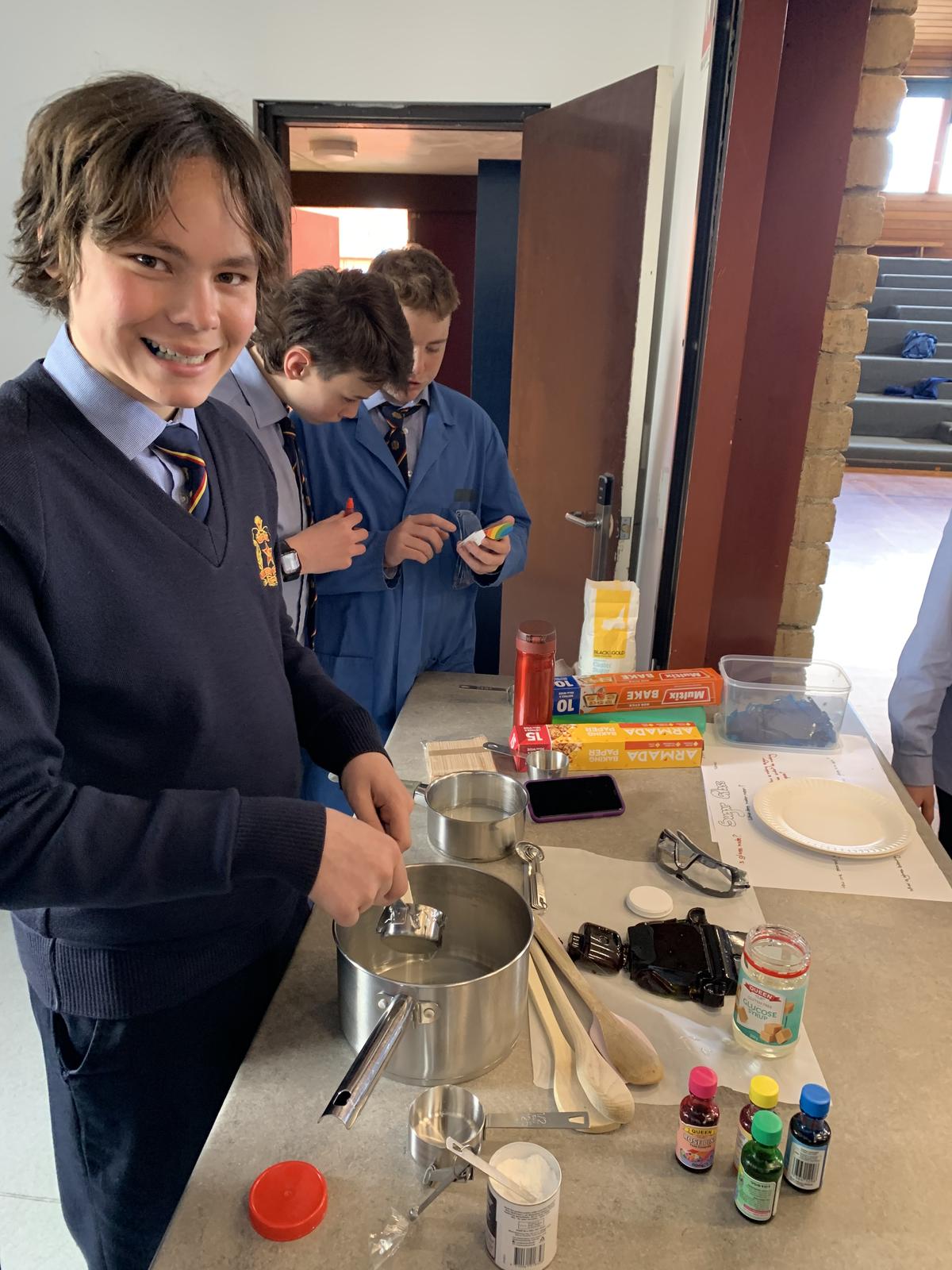
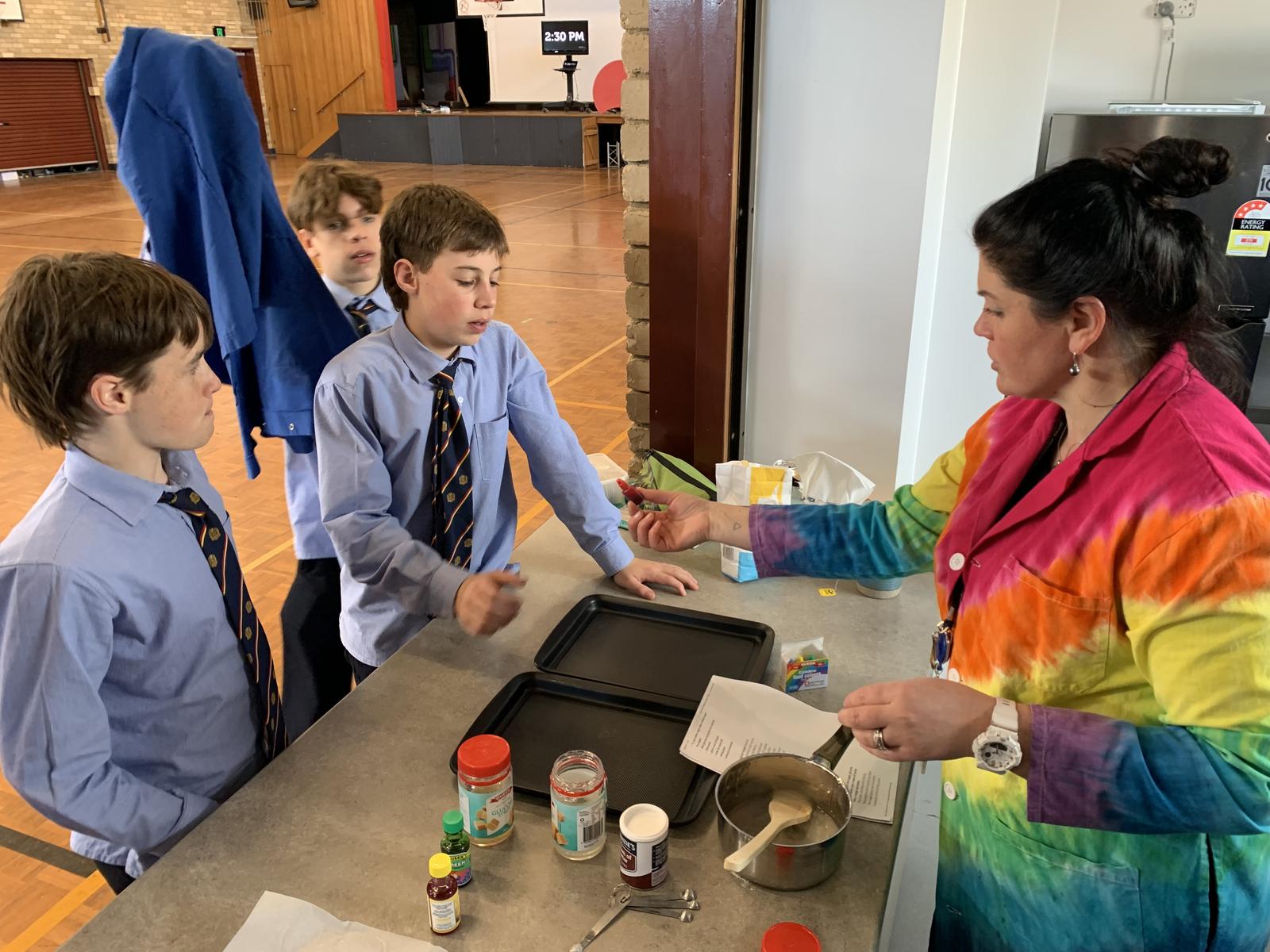
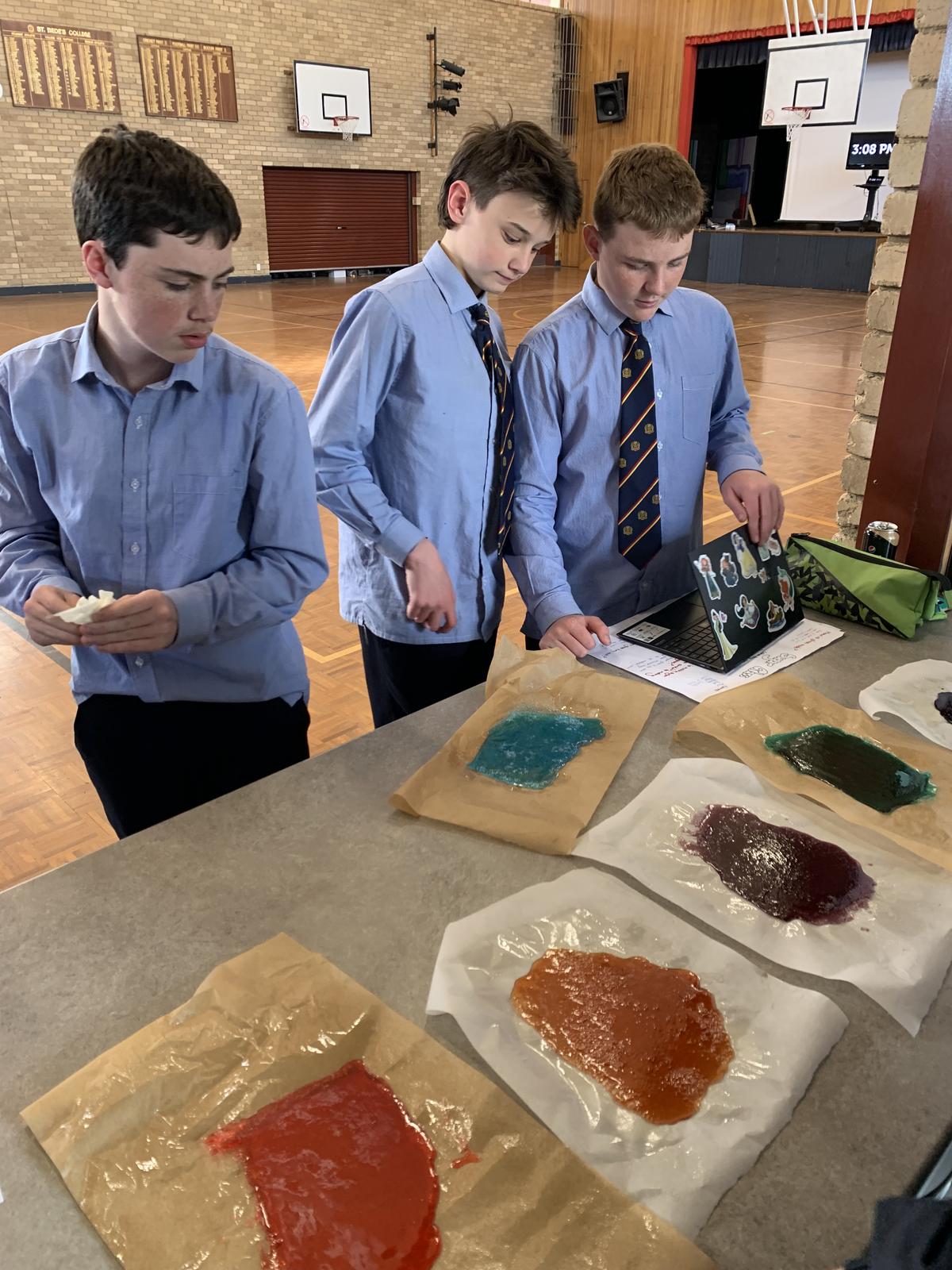
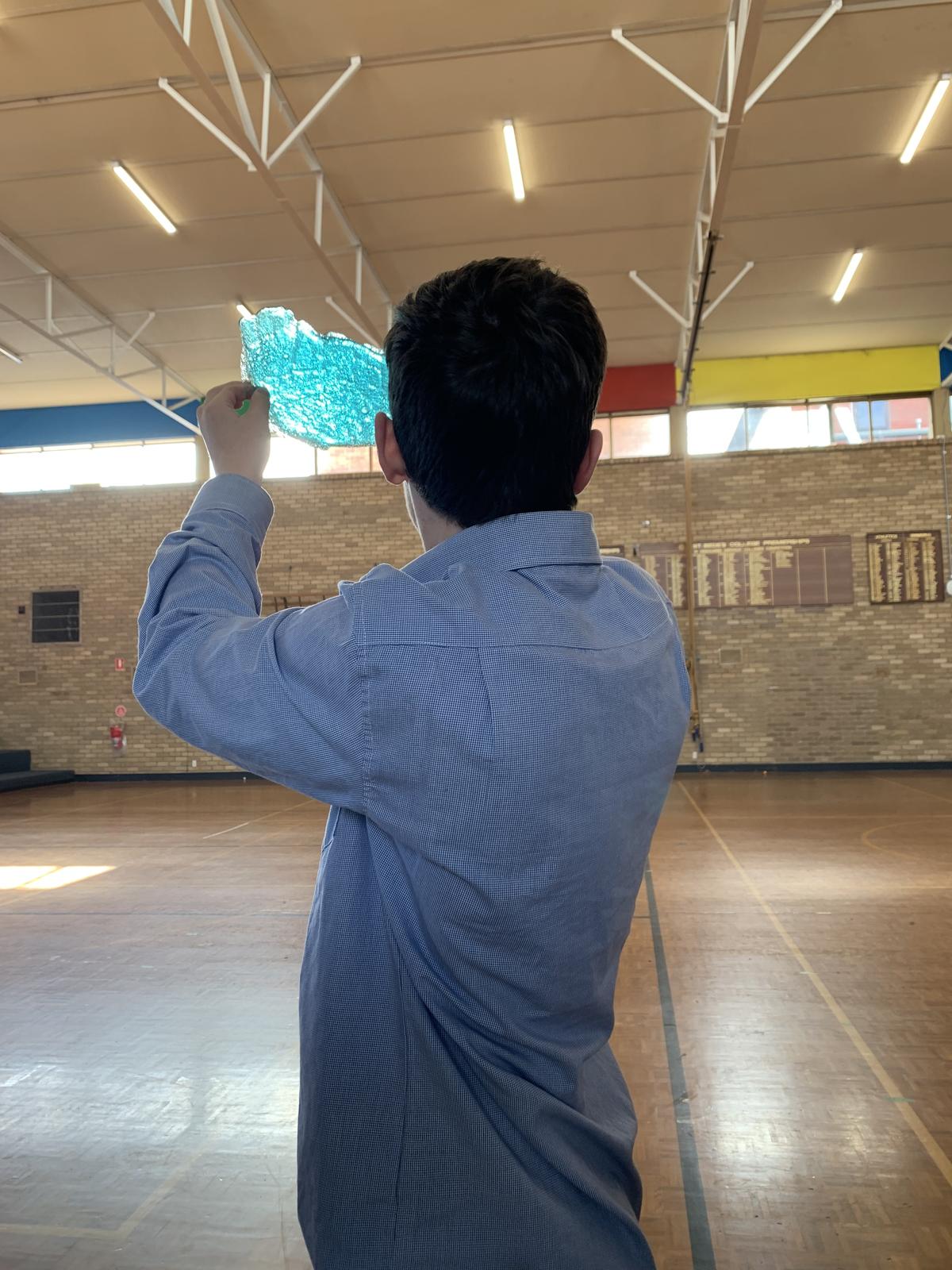




Zoo Excursion
"On Friday 2 September, all students undertaking Biology Unit 2 went to the Melbourne Zoo for the day. After meeting in the CBD, we took a train together to Parkville and commenced our Zoo experience. The purpose of the excursion was to explore various animals’ adaptation to their habitats. We were first given time to roam around the Zoo and view animals which we were interested in. Afterwards, we were given an informative session about butterfly species housed in the Zoo, and an educational presentation on the Southern Corroboree Frog. We had a fantastic day out exploring, and being educated on animal adaptations. Thanks to our Biology teachers for an enjoyable and informative experience."
Tom Gregory Yr 10
"We went to the zoo to learn about adaptions and how adaptions allow animals to survive in the wild more than other animals. We went through the butterfly rooms and collated data so we can learn about what colour feeders butterflies are more attracted to and how these animals have adaptions that allow them to find these colour feeders as they are greater for them to be able to feed safely without the threat of predators. We also got to talk to a zoo keeper about the southern corroboree frog which is on the verge of extinction and we discussed the reasons this is happening and how climate change, diseases and humans are affecting their survival. After that, we were allowed to explore the zoo and observe all the animals we wanted to with our friends. It was a really enjoyable experience and a great way to teach us about animal adaptions and really have a relaxing day with mates."
Owen Matthews Yr 11
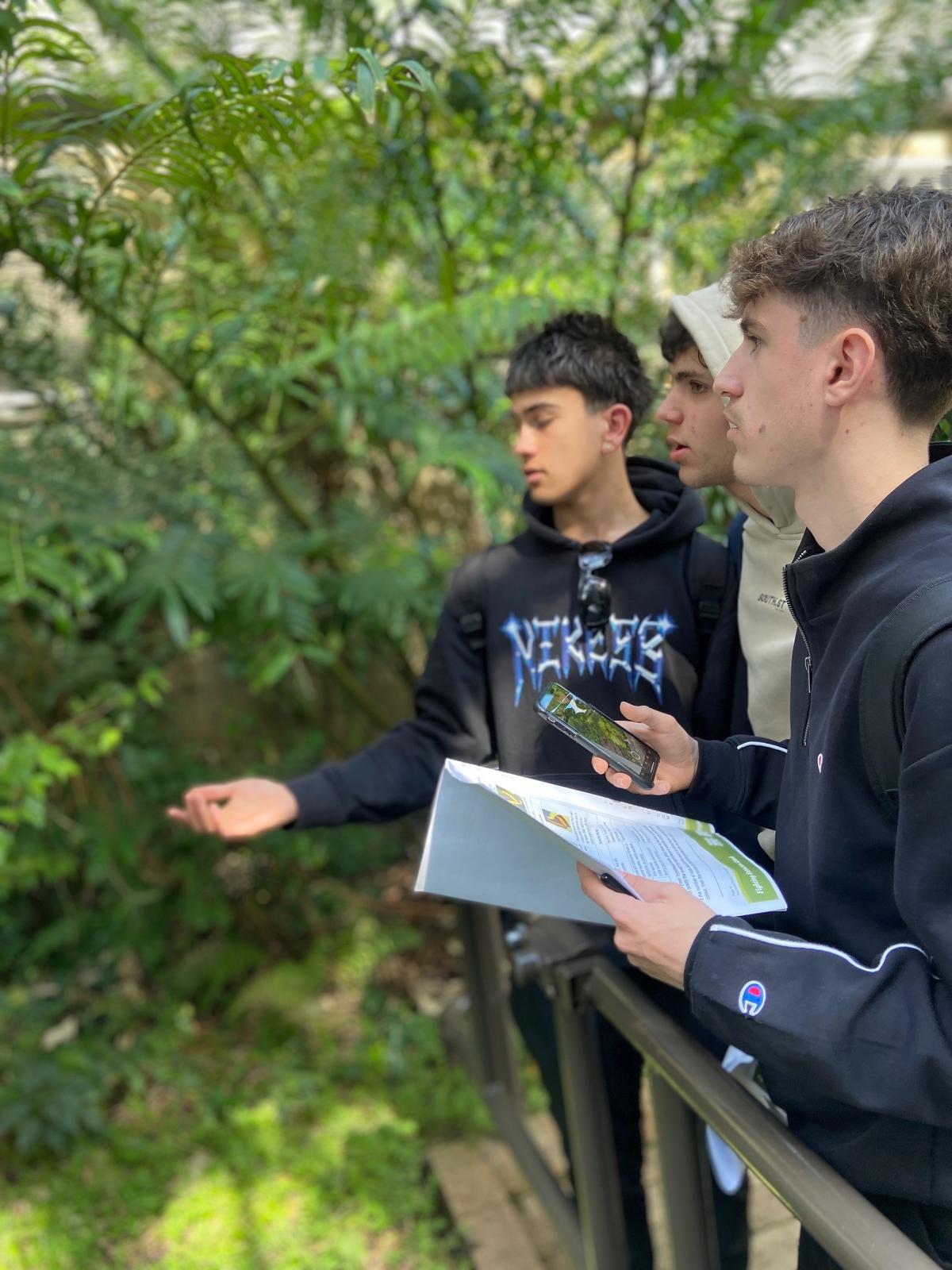
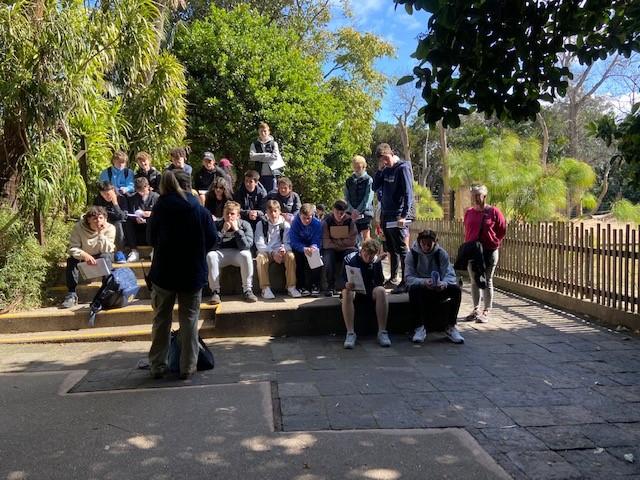
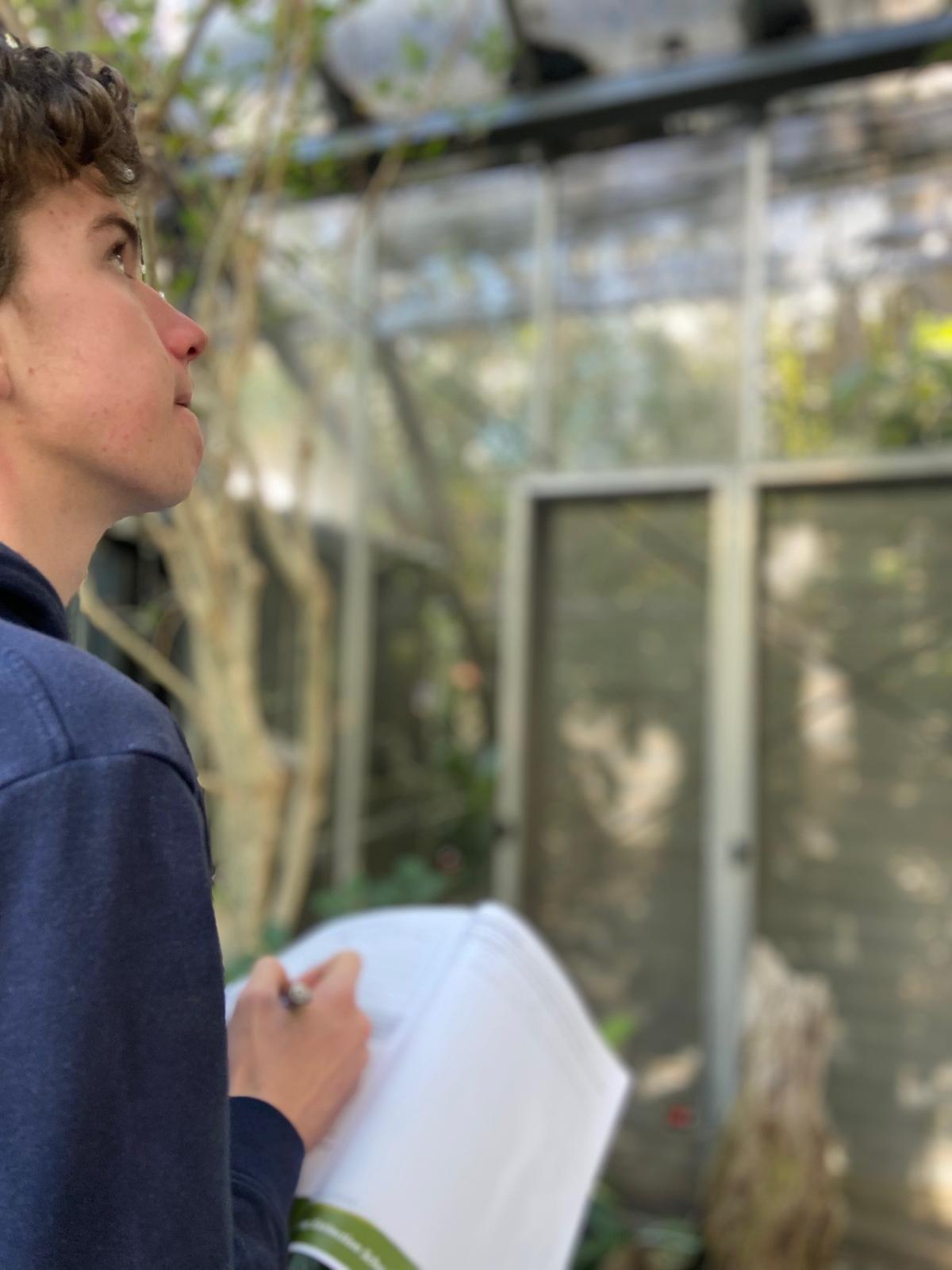
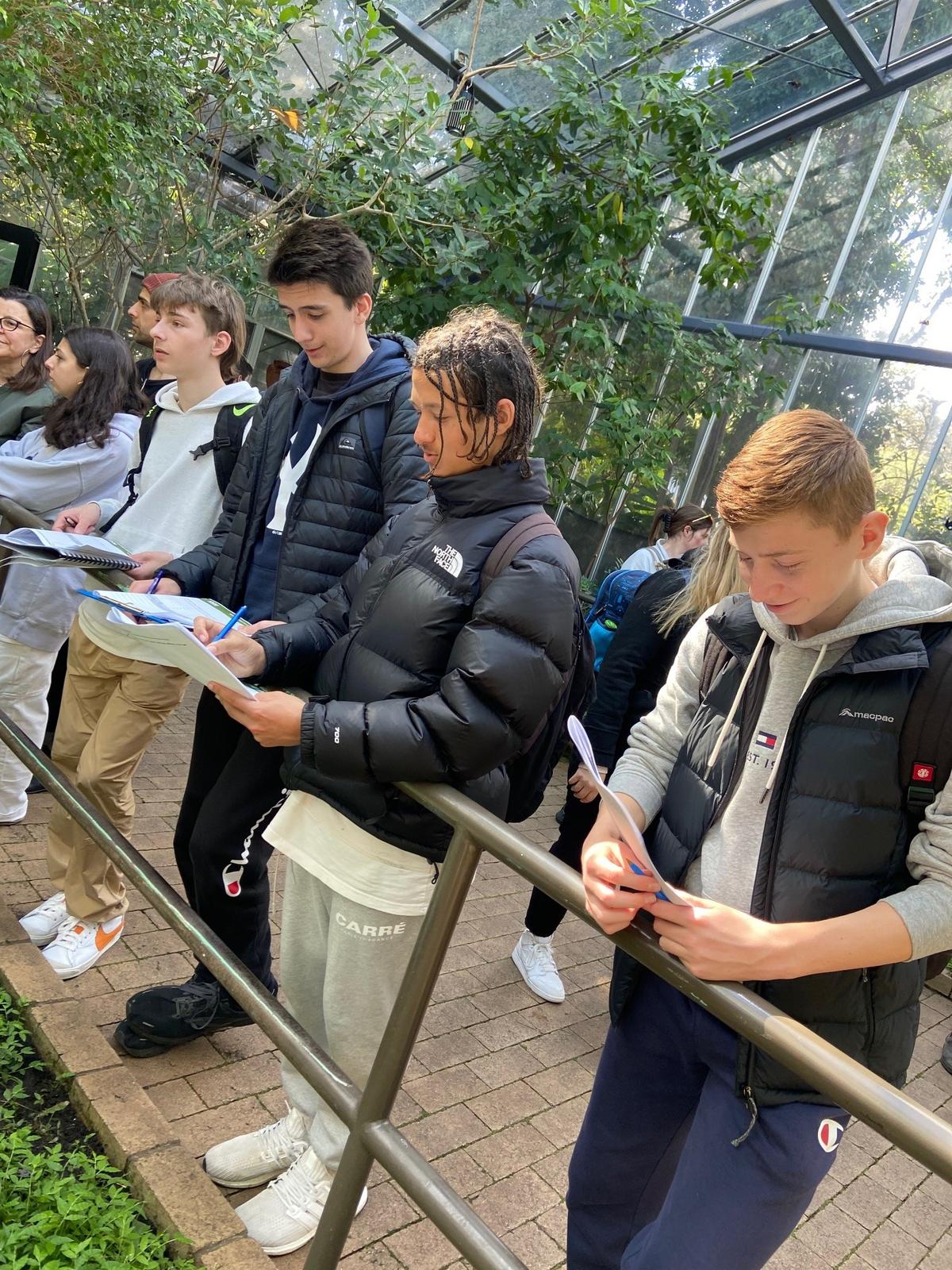




Mentone Beach Excursion
"On the 6th of September, our unit 1-2 biology class had the amazing opportunity to travel down to Mentone Beach, with the goal of discovering some interesting adaptations that the species in the ecosystem have to offer. Once we made it down to the beach, we were set the task of measuring the temperatures of the sea water, the sand and the soil, as well as recording the pH and salt levels of the sea water - these are all factors that the species living at the beach need to be adapted to. While down at the beach, we observed many different species, who are all very adapted to their ecosystem in many unique ways. It was very interesting to see all of the adaptations that the various species had, and how they use their adaptations to survive in such a harsh environment. For example, the ‘Pigface’ , which is a succulent plant that lives just off the shore, uses a layer of wax around its leaves as a way to lose as little water as possible to transpiration. Overall, our class had a very positive experience down at the beach, and are eager to get down their again!"
by Dominic Dyer
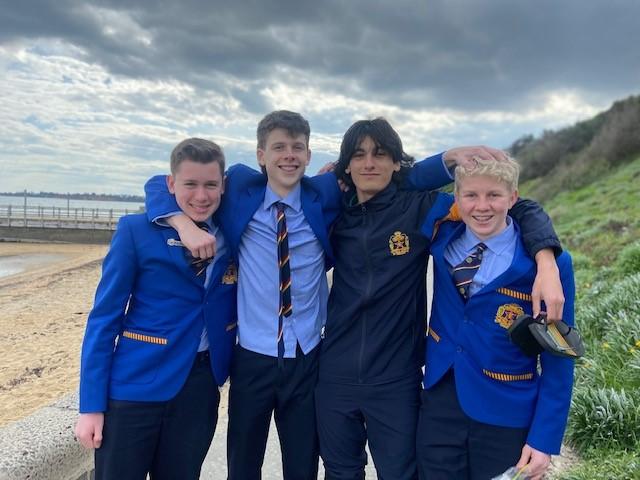
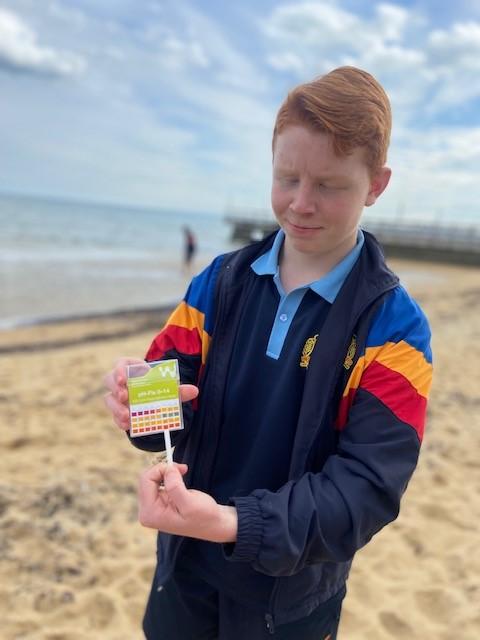
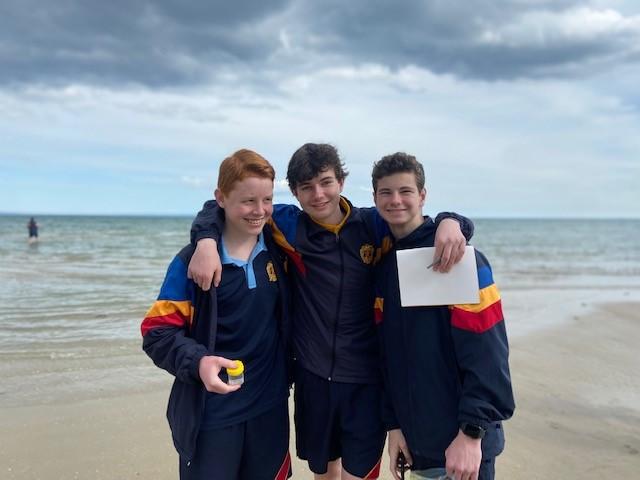
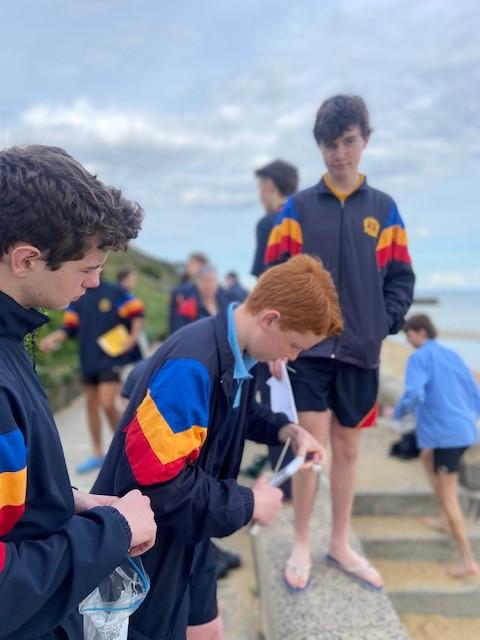
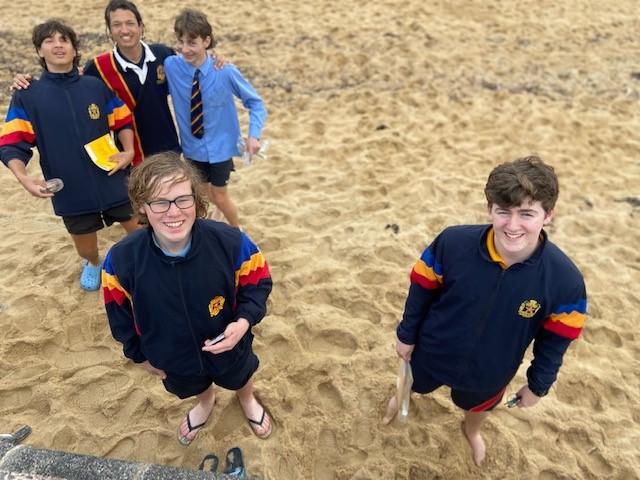





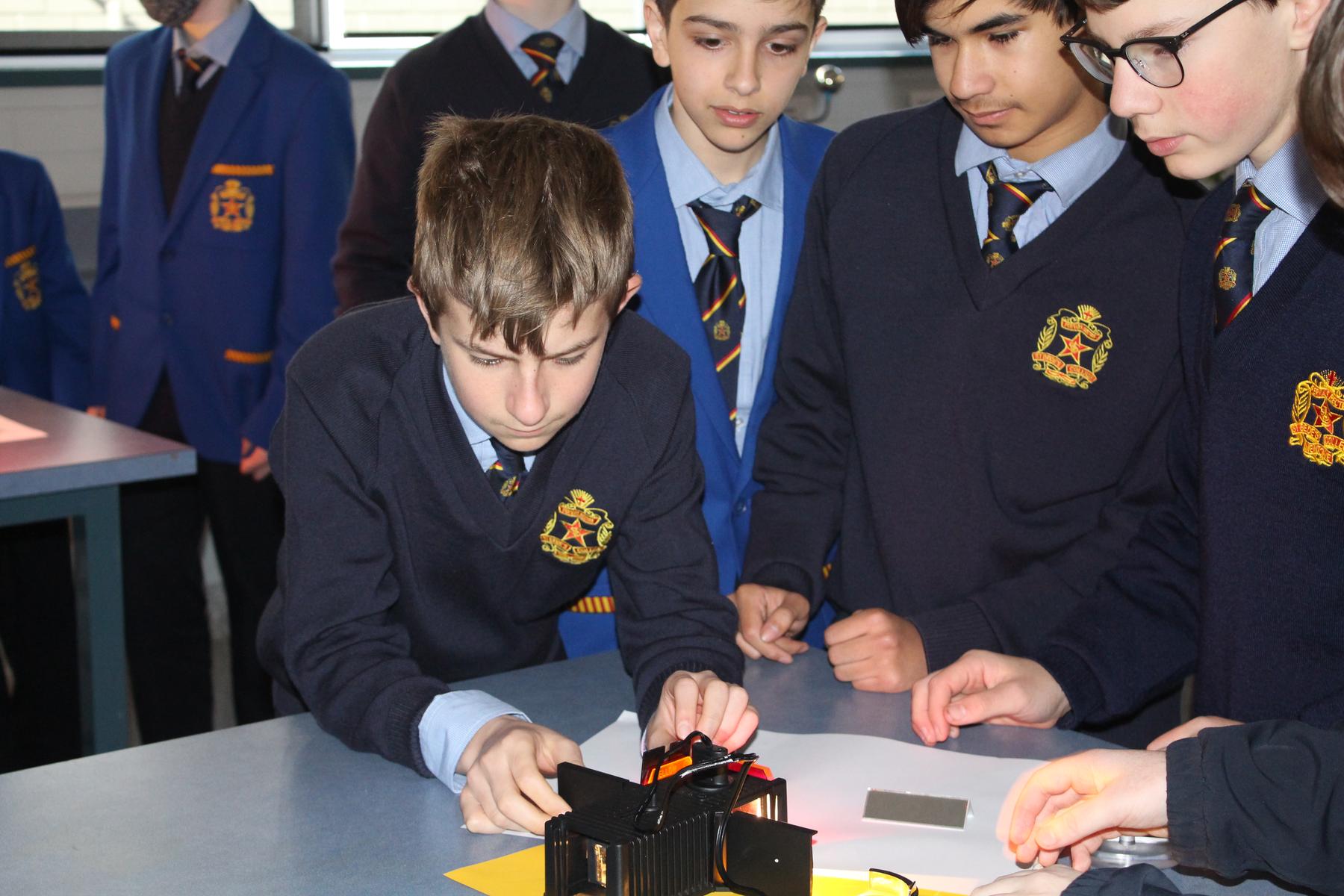
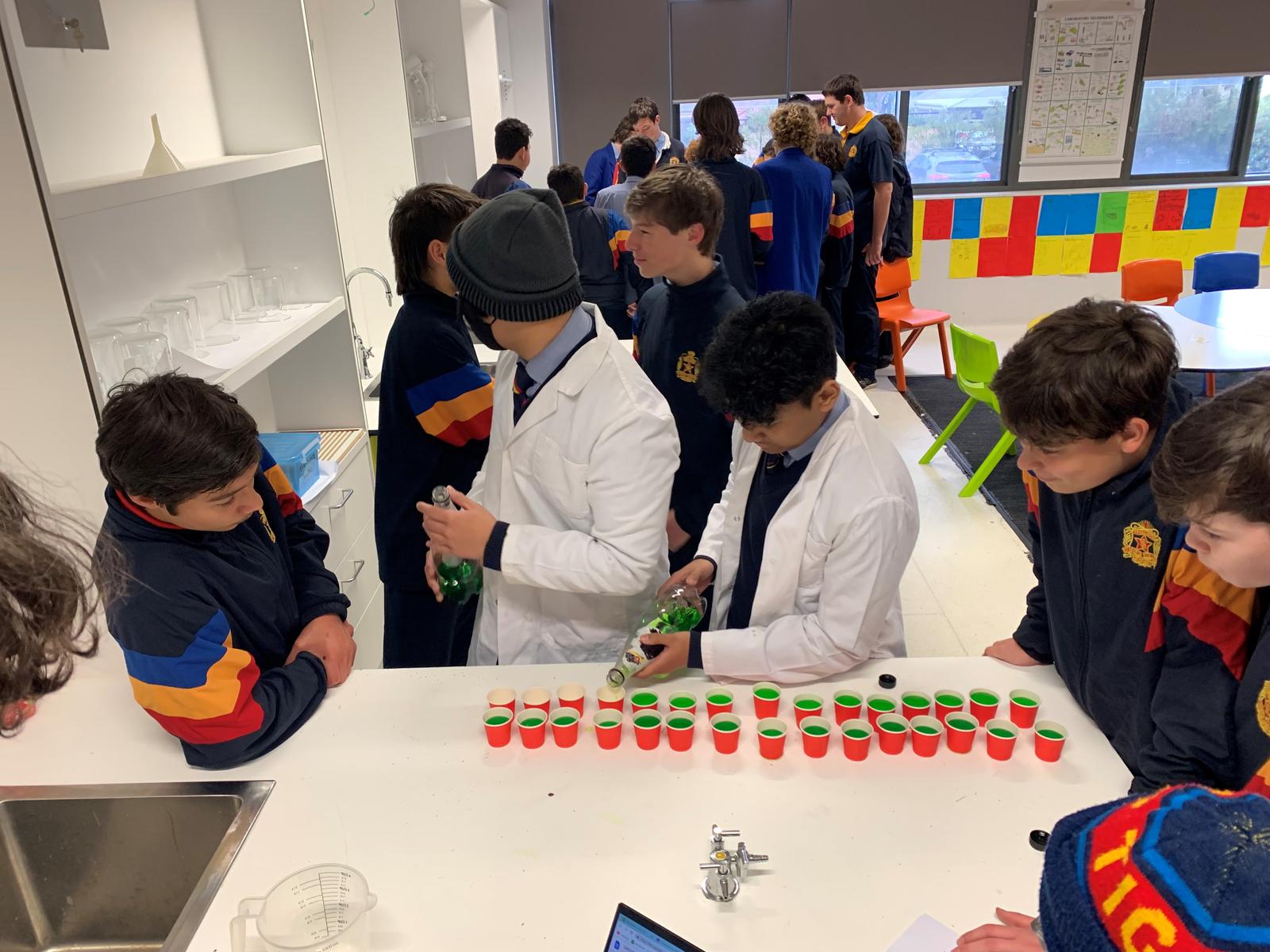
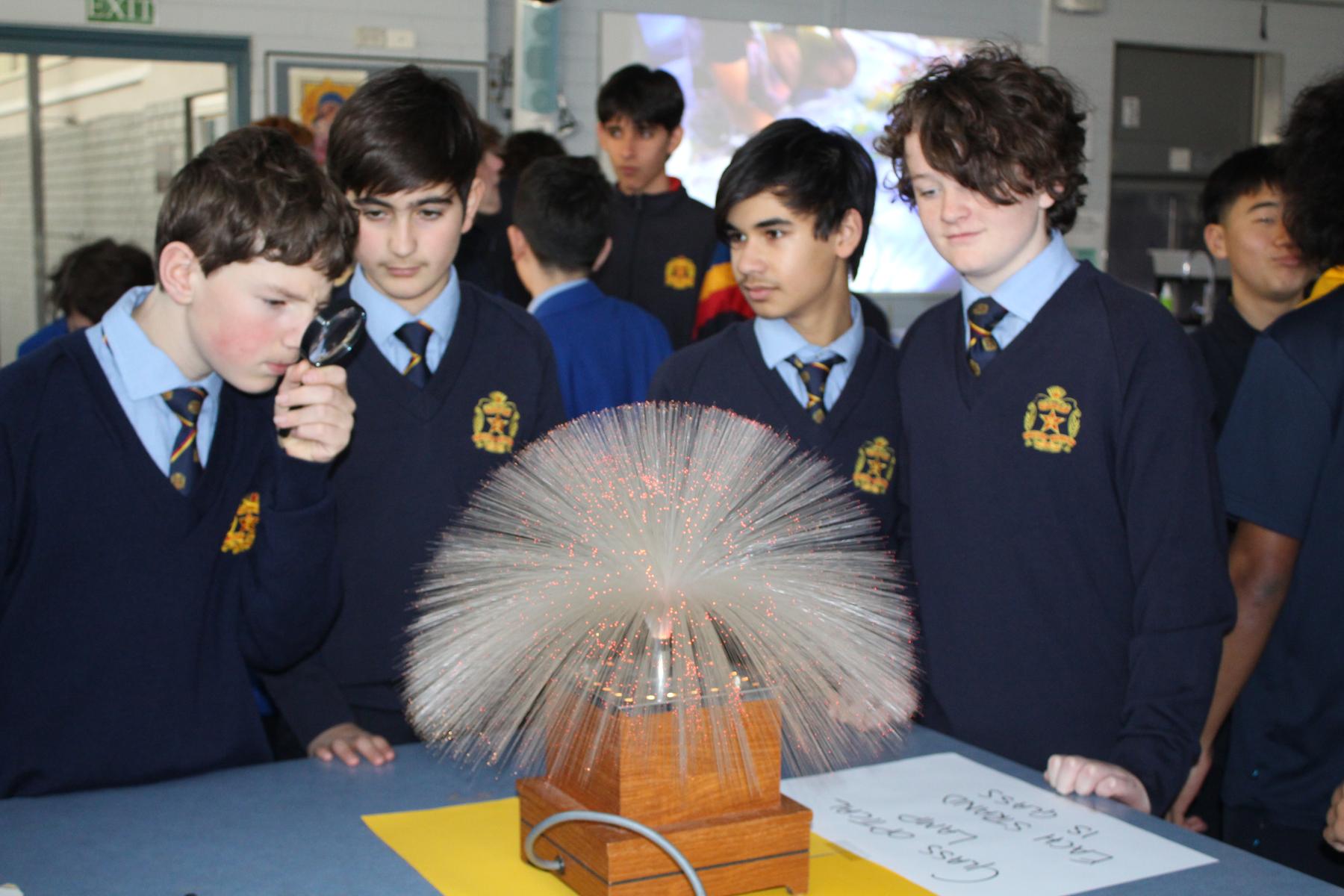



"For Psychology we ran an experiment of our own design in the junior labs during lunchtime. Ours involved using chocolate and price to see if students thought chocolate tasted better if they believed it was more expensive. The activity allowed the junior years to experience science in a fun, interesting way."
Sam Anthonisz (Yr 11)
"On Wednesday the 31 August at lunchtime, with the help of Mr Meade, I was able run an experiment with my group looking at whether a higher prices lead to better taste. We got some year 7 and year 9 volunteers to help us test this hypothesis and found that the price of food does not affect taste, so there is no need to purchase the more expensive version of a favourable food because it doesn't much better than a cheaper version."
Maxwell Oldham (Yr 11)
"During lunchtime, in the Year 7 science labs, my group of five Year 10 students conducted an experiment in which we gave a group of thirty Year 7 students two different marshmallows. One marshmallow was a homebrand Woolworths marshmallow, and the second marshmallow was a Pascals marshmallow. After that, we put half the Pascals marshmallows into the packet of homebrand marshmallows and left the other half in the Pascals packet. The aim of the experiment was to see whether packaging could influence the sweetness, texture and overall enjoyment of the marshmallows. The results were rated out of 5 on each factor. We found that the the difference between the mean results of the sweetness being 0.02 (mean 3.75 for homebrand and 3.78 for pascals), the difference between the texture being 0.13 (mean 3.84 for homebrand and 3.71 for pascals) and the difference between the overall enjoyment being 0.22 (mean 3.97 for homebrand and 4.19 with pascals). This showed that the packaging did not have influence on the overall ratings of marshmallows."
Cian Gill (Yr 10)